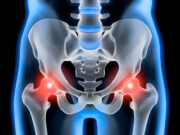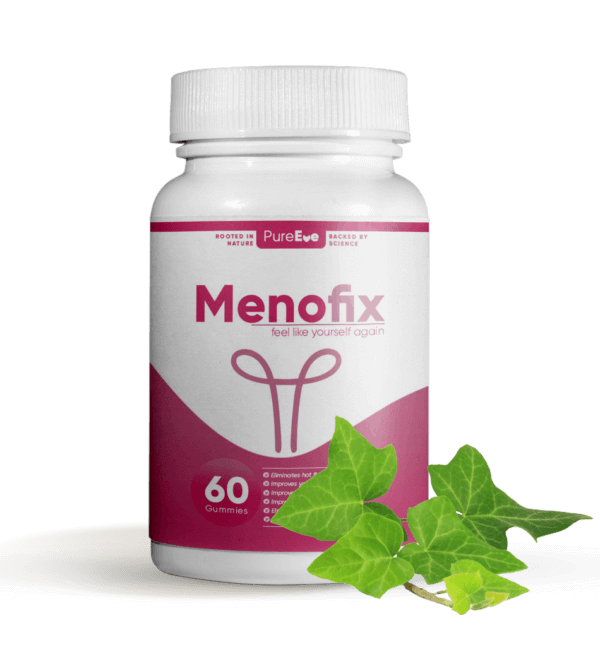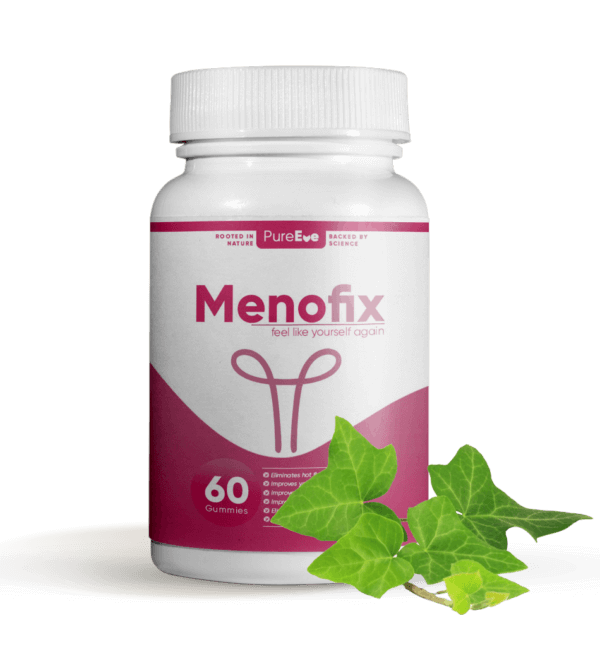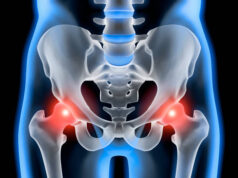When it comes to menopause and libido, the silence is deep in Nigeria. For many women, the shift in sexual desire is confusing, unspoken, and often shame-inducing.
However, the science behind libido changes in menopause is explainable. While every woman’s journey is unique, knowing what’s happening to your body is the first step to reclaiming control.
Now, let’s unpack what really happens and what you can do about it.
What Happens to Libido During Menopause in Nigeria?
Menopause is the cessation of menstruation for 12 consecutive months, but libido changes can begin years earlier during perimenopause.
This transitional stage involves erratic fluctuations in key hormones such as estrogen, progesterone, and testosterone. These hormones directly impact sexual function, desire, and mood.
In essence, reduced libido is often a biological response to hormonal changes that affect physical comfort, emotional wellbeing, and neurological reward systems related to intimacy.
So what are the key drivers behind these shifts?
Declining Estrogen
Estrogen plays a major role in maintaining the health of vaginal tissue, thus encouraging natural lubrication, promoting elasticity and blood flow in the pelvic region.
When estrogen drops (it inevitably does during perimenopause and menopause) these tissues become thinner, drier, and less responsive.
This can lead to vaginal dryness, itching, irritation, and even pain during intercourse. For many women, it’s not that desire disappears completely. Most times intimacy becomes uncomfortable or even distressing.
Unfortunately, because so many women in Nigeria are taught not to speak up about sex-related discomfort, they suffer in silence.
Lower Testosterone
Most people associate testosterone with men, but women also produce this hormone in smaller amounts.
Testosterone plays a critical role in libido, energy, arousal, and sexual sensitivity. As women age, testosterone levels gradually decline, often without notice until desire or sexual satisfaction begins to fade.
Low testosterone can lead to:
- A decreased interest in sex
- Fewer sexual thoughts or fantasies
- Reduced sensation and responsiveness
- Difficulty achieving orgasm
Many women in midlife report these changes but feel confused because they’re still emotionally connected to their partners. Understanding the role of testosterone helps separate physical chemistry from relationship dynamics.
Sleep Disruption
One of the most disruptive symptoms of perimenopause is poor sleep. This is caused by hot flashes, night sweats, and hormonal imbalance. And sleep deprivation is a major contributor to low libido.
Lack of rest often leads to:
- Fatigue and low energy
- Mood swings and irritability
- Increased cortisol (the stress hormone), which lowers sex hormones
- Decreased dopamine and serotonin, both of which play a role in sexual interest and satisfaction
The body needs uninterrupted rest to maintain hormonal balance. Women who begin prioritizing sleep often notice a gradual return of interest in intimacy without needing medication.
Emotional and Relationship Factors
While hormonal changes are central in Nigeria, emotional and relational dynamics also impact libido during menopause.
For many women, this period brings new stressors such as aging parents, children leaving home, career changes, or financial pressures.
If these aren’t addressed, they can build emotional walls that interfere with desire.
Additionally, if communication around sex has always been difficult in your relationship, this phase can bring tension.
When physical discomfort increases and emotional support is lacking, many women begin to withdraw from intimacy but because they no longer feel safe or understood.
Addressing libido requires both physical and emotional support.
The Nigerian Factor
In Nigerian culture, women are often taught that sex is something to be endured especially after marriage or childbirth.
Menopause is viewed as the end of a woman’s sexual life, rather than a new phase of potential freedom.
This silence breeds misinformation and internalized shame. Women are rarely told:
- That libido changes are normal
- That vaginal dryness is not their fault
- That desire can return with the right care
- That menopause doesn’t mean the end of sexual pleasure
Breaking this silence requires education, safe conversations, and trusted health products rooted in both science and cultural understanding.
Nutrition That Supports Libido After 40
Diet is a powerful tool for managing hormones, boosting energy, and improving mood.
Foods that promote sexual health include:
- Avocados and nuts, which provide healthy fats needed to produce estrogen and testosterone
- Leafy greens like ugu and spinach, rich in magnesium to reduce anxiety and improve blood flow
- Pumpkin seeds and sesame seeds, high in zinc to support sexual function and hormone regulation
- Oily fish like mackerel or sardines, rich in omega-3s for inflammation control and brain health.
Avoid foods that increase inflammation, such as sugary snacks, deep-fried foods, and processed carbs. These worsen hormonal imbalance and fatigue.
Why Exercise Helps Restore Libido
Exercise isn’t just about burning fat. It boosts blood circulation, improves confidence, and balances hormones.
Physical activity raises testosterone levels naturally and helps regulate insulin, which in turn reduces estrogen dominance.
Strength training (like squats, lunges, or bodyweight resistance) helps build lean muscle and maintain metabolism.
Regular walking or light cardio improves blood flow and oxygenation, which affects arousal and responsiveness. Even 20 minutes a day can make a significant difference.
Exercise also releases endorphins, which enhance mood, reduce stress, and increase your body’s sensitivity to pleasure. All of this supports a healthy return of sexual interest especially when you start as early as possible.
Sleep and Stress Management Are Essential
Sleep is the body’s repair system. During deep rest, your body balances estrogen, progesterone, cortisol, and melatonin which are all key players in libido.
To improve sleep naturally:
- Limit screen time before bed
- Create a regular sleep schedule
- Drink calming herbal teas like chamomile or scent leaf
- Keep your bedroom cool and dark
For stress, even five minutes of deep breathing, stretching, or prayer can reduce cortisol levels. A calm nervous system helps your body redirect energy toward pleasure.
The Role of Natural Supplements
Certain herbal remedies have been shown to support sexual function in menopausal women. These include:
- Maca root, which boosts libido and improves energy
- Fenugreek, known to increase sexual arousal in women by balancing sex hormones
- Ashwagandha, an adaptogen that reduces cortisol and supports vitality
- Clove water, used locally for its warming and circulation-enhancing properties
These herbs help the body correct deficiencies and gently support hormone production without synthetic hormones or harsh side effects.
How Menofix Can Support Libido Naturally
Menofix is a doctor-formulated support for premenopausal and menopausal women.
It works by gently balancing hormones, improving vaginal comfort, boosting energy, and helping to restore libido over time.
Unlike synthetic hormone replacement therapy (HRT), Menofix uses natural ingredients to address the root causes of low libido such as poor sleep, high stress, and declining estrogen/testosterone levels.
Many women report noticeable improvements in mood, energy, comfort, and sexual interest after consistent use of Menofix.
Conclusion
Menopause is a natural phase, but its impact on libido to women in Nigeria often feels anything but natural when no one talks about it.
Women need accurate information, practical options, and not shame.
If your sexual desire has changed, you’re not alone.
With the right knowledge, nourishment, movement, and natural support like Menofix, you can feel like yourself again.




















